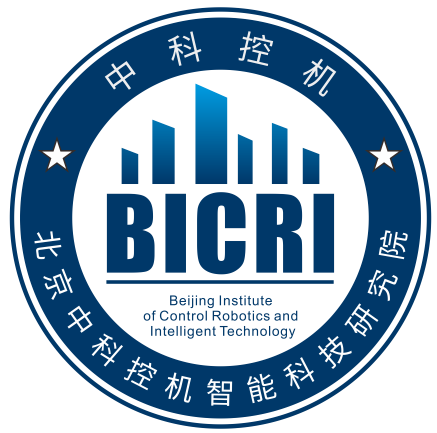Artificial Intelligence (AI) has become a key focus of modern academic and scientific research. As a rapidly evolving field, AI continues to generate groundbreaking innovations and advancements, leading to new and state-of-the-art applications across diverse industries. The scope of AI is expanding continuously, with significant contributions to areas such as robotics, decision-making processes, control systems, and simulation applications.
2025 5th International Conference on Artificial Intelligence and Application Technologies (AIAT 2025) will take place in Kyoto, Japan during December 4-6, 2025, as the workshop of ICCR 2025. This conference will serve as a dynamic platform for exploring and discussing new concepts and recent advancements in artificial intelligence and computer applications, bridging both theoretical research and practical implementation. It aims to highlight significant breakthroughs and emerging trends across all related areas, fostering cross-disciplinary collaboration and promoting the exchange of innovative ideas.
AIAT 2025 invites authors to submit their papers, which may include ongoing research results, project reports, survey studies, and industrial experiences. (See the topics)
After a careful reviewing process, all accepted and registered papers will be included into AIAT 2025 Conference Proceedings, which will be published online, and submitted for indexing by Ei Compendex, Scopus, Thomson Reuters (WoS), Inspec.
July 15th, 2025
Please submit full paper/abstract before submission deadline.
August 15th, 2025
Authors will be informed with the review result on the notification day.
September 1st, 2025
Please finish the registration according to the instructions before the deadline.
1. Manuscripts must be written in English.
2. Submissions should be prepared according to the template.
3.
Please log in Online Submission System
to Submit Your Manuscript. ![]()
· Please fill the information and complete the payment via Online Payment System.
· Please email payment order ID to aiat_info@robotics.ac.cn and wait for the secretary‘s comfirmation.
Technical co-sponsored by |
    |